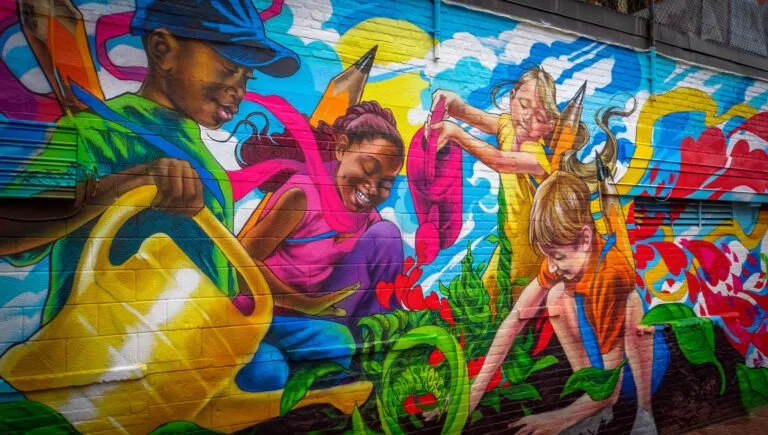In Washington, an era of budget austerity and renewed calls for less government spending have led to increased fears that the arts, long protected from budget cuts, will see its federal funding further decreased for the coming fiscal year.

While Congress has passed several temporary budget measures this year, the most recent continuing resolution ends on November 18th, when the government is set to run out of money. Under the terms of the recent debt-ceiling deal reached by both parties, Congress has committed to cutting $21 billion in spending from the Fiscal Year 2012 budget, and it is widely expected that the bulk of these cuts will come from what’s referred to as “non-defense discretionary spending,” which includes areas such as education, infrastructure, and most pertinent to our community, the arts.
The arts community went through a similar struggle last year, when the National Endowment for the Arts saw its Fiscal Year 2011 funding reduced to $155 million, a $13 million reduction from the year before. For the upcoming fiscal year, the numbers look even worse: a bill passed by the House of Representatives in July would further cut FY2012 NEA funding to $135 million, which would represent a 13 percent decrease and the deepest cut to the agency in 16 years.
Despite the FY2012 budget being due next month, there is still a long way to go. President Obama has requested in his FY2012 budget proposal that the NEA be funded at $146 million, which represents a cut from the FY2011 figures, but is less severe than the House version that was passed in July.
With Congress returning to session this week, it’s important for us in the arts community to use technology to reach out to our members of Congress and ask them to support funding for the arts. There are a number of easy ways you can do this:
- First, contact your member of Congress, either by letter, e-mail or by phone. The easiest way to do this is through the Americans for the Arts website, where you can send a personalized letter to your Congressman and U.S. Senators that includes several talking points about the impact that arts funding has on our communities and nation as a whole.
- Second, join the Arts Action Fund, which is at the forefront of advocating and lobbying for increased funding for arts programs and education. It’s free, and is an invaluable resource providing updates on the efforts in Congress and around the country.
- Third, share the news with a friend on Facebook, Twitter or Google+. One way to do this is by following the Arts Action Fund’s Arts Vote 2012 campaign, dedicated to including arts and arts education issues in the 2012 political campaign. Search for #artsvote on Twitter for recent updates.
This isn’t the first time you’ve heard from Technology in the Arts about lobbying Congress to protect arts funding, and given the current political climate, it certainly won’t be the last. This is not a partisan issue, but is instead an issue that unites all of us who are passionate about the arts community and protecting funding for the next generation of artists and performers.
While the long-term budget deficit is something that we can all agree needs to be dealt with, doing so on the backs of such groups as the National Endowment for the Arts and the National Endowment for the Humanities will only serve to further decimate arts education programs at the state and local levels that have already endured painful budget cuts in recent years.
In the newfound era of budget austerity in Washington, any assumptions we had about federal arts funding being kept at past levels are gone. In order to protect the future of arts funding, the fight starts now.
(Photo: CC by kevin dooley)





